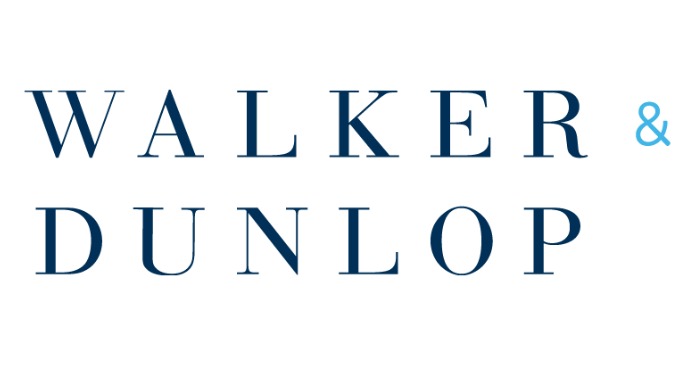RealPage breaks silence in response to allegations of price fixing levied by renters’ groups and the U.S. Department of Justice, releasing a statement that tells “the real story.”
The statement is a response to a number of class-action lawsuits filed by renters’ groups against RealPage and its clients supported by the DOJ, which opened its own civil investigation in late 2022 and a criminal investigation this March. The lawsuits focus on the YieldStar revenue management software from Texas-based RealPage that has been described as an algorithmic information exchange using nonpublic pricing and supply data in agreement and in restraint of trade, violating antitrust laws.
RealPage has remained silent since 2022, when it responded to several articles in ProPublica accusing the company and its clients of using YieldStar software to inflate rental prices and engage in anti-competitive business practices.
In the current issue of Yield Pro magazine, we cover this latest attack against the nation’s rental housing providers in a piece entitled “Multifamily faces antitrust litigation.”
Both RealPage and operators who use the companies software were admonished by their attorneys to remain silent as the media delivered an avalanche of negative press. RealPage finally spoke out when the FBI raided the corporate offices of Atlanta-based Cortland Management on May 22 as part of its ramped-up investigation, claiming its main target is RealPage.
RealPage broke silence this week (June 18), issuing a statement that pushes back on the “factual inaccuracies that threaten to undermine the essential benefits RealPage’s solutions provide to both renters and housing providers.” The statement is available here.
Dana Jones, RealPage CEO and president said in the statement that, “The time is now to address a number of false claims about RealPage’s revenue management software, and how rental housing providers operate when setting rent prices.”
She points out that the nation’s extreme lack of affordable rental housing should be the real focus. “(Affordability) is a national problem created by a host of complex economic and political forces,” she said.
Also important to understand is that the software itself is complex to use, requiring a trained expert to manage it, and also expensive, which is why it is used by large institutional investors only.
A misunderstanding held by many people is that large institutional and corporate investors own the vast majority of rental property in the United States and that the units are in big buildings. This is not factual.
According to the U.S. Department of Housing and Urban Development’s Rental Housing Finance Survey, there are 49.5 million rental housing units in the country. Of those, nearly 46 percent, or 22.8 million, are found in one- to four-unit buildings, while 86.5 percent of all rental properties in the nation contain just one unit.
Although the percentage of apartment units owned and operated by institutions is forecast to increase over the next five years, the vast majority are still owned by mom and pop investors. But the media and those attacking landlords would have us believe that the software used by the big companies is artificially keeping rents high in the market, when supply and demand and other complex fundamentals actually drive rents.
Although RealPage has started to fight back, it continues to be the focus of a deluge of stories in the media, including a recent piece in The American Prospect that accuses the company of providing “apps that charge bogus fees, monetize vacant apartments and inflate toxic property bubbles.” The bubble allegation focuses on the way apartment properties are valued by looking at how much rents can be raised, claiming RealPage bears at least some responsibility for the floating rate loan distress that is hitting the market today.
Meanwhile, in its recent statement, Jones said that, “Despite the noise, we will continue to innovate with confidence and make sure our solutions continue to benefit residents and housing providers, alike.”
In the upcoming July/August issue, Yield Pro asks some of the earliest creators of revenue management programs to share what’s ahead for these dynamic systems. Stay tuned.













